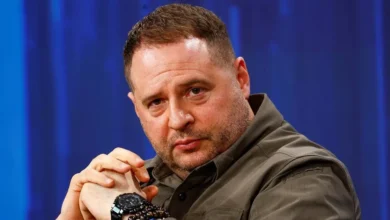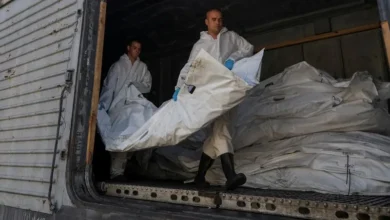From survivor to detective: A life fighting child sexual abuse

Too much for him to forget. Too much to do anything other than file it away in part of his brain and try to keep it there.
This is the only way, he says, he can continue to be a force for good in the world after having witnessed – and experienced – so much of its darkness.
This has come at a considerable cost. It damaged the 73-year-old’s marriage, he once drank too much, and for years he struggled to speak about his work investigating cases of child sexual abuse, except with colleagues.
He suffered post-traumatic stress disorder (PTSD), and every month he makes – and keeps – an appointment with a therapist.
A four-decade career in law enforcement mostly in Washington state concluded with Shilling heading the Crimes Against Children Unit of Interpol, the international investigative organisation headquartered in Lyon, France. There, officers dispatched from 196 member countries tackle crimes that spread across national borders.
Shilling was sent to Interpol after more than 30 years with the Seattle Police Department, the last 10 of which he spent heading up the Sexual Assault and Child Abuse Unit.
When he arrived in Lyon in 2013, his team was small, just Shilling, three officers and an intern.
On their first day together, Shilling called the team into his office and asked them if they personally knew a victim of child sexual abuse. “You’re looking at one right now,” he told them.
He remembers them looking back at him, startled. “They were just shocked that somebody who was their supervisor would tell them this,” he says.
He wanted to convey that anyone can be a victim. “I told them to help them understand what we’re dealing with,” Shilling explains.
5,420 rescued children
It is a grey, rain-spitting November morning in Lacey, a city about 80km (50 miles) south of Seattle where Shilling, who retired from the police force after he left Lyon in 2016, lives with his wife, Karen.
Shilling is at a community centre near his home, dressed in a blue and white chequered shirt. The warm, welcoming space – a gathering spot for people over 55 – has large windows that look out onto gardens. Inside, people sit chatting in front of flickering artificial fires.
Sitting in a small, private conference room, Shilling, who speaks in a distinctly matter of fact way, tells his story.









